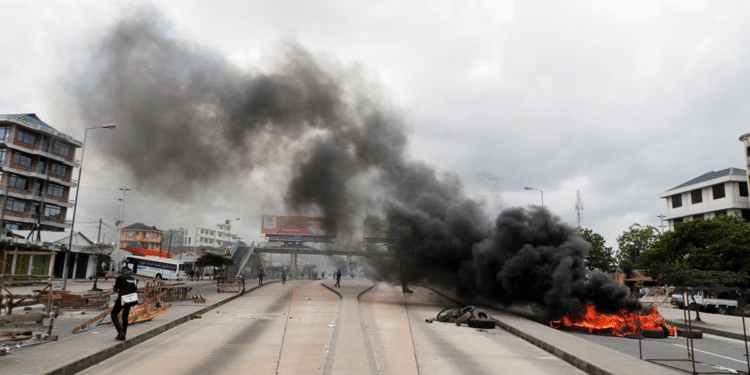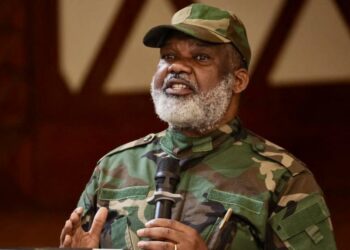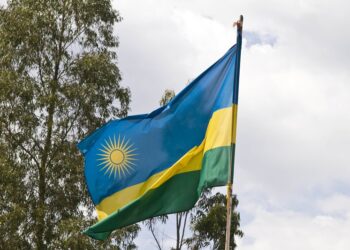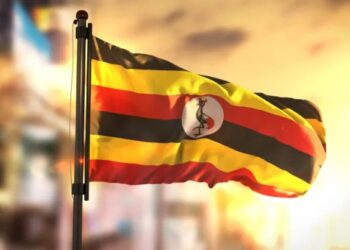The Southern African Development Community (SADC) Election Observation Mission (SEOM) has issued a scathing assessment of Tanzania’s 29 October general elections, concluding that most voters failed to freely express their democratic will.
In a statement delivered by SEOM head Richard Msowoya on Monday, the mission declared that while the pre-election and opening phases were conducted in an orderly manner, the overall electoral process failed to meet the requirements of the SADC Principles and Guidelines Governing Democratic Elections.
“It is the SEOM’s tentative conclusion that, in most areas, voters could not express their democratic will,” Msowoya said, citing widespread irregularities, internet shutdowns and incidents of violence.
“Overall, the 2025 General Election in the United Republic of Tanzania fell short of the requirements of the SADC Principles and Guidelines Governing Democratic Elections.”
The 2025 elections were held amid heightened political tension and logistical challenges.
On election day, SEOM deployed observers across 27 regions to monitor the performance of the Independent National Electoral Commission (INEC) and the Zanzibar Electoral Commission (ZEC).
Msowoya noted that while polling stations were generally well-prepared – with 93 percent opening on time and 96 percent equipped with essential materials – the mission noted a troubling pattern of low voter turnout, restricted access for party agents and perceptions of ballot stuffing.
Observers reported that in some stations, ballot boxes were inadequately sealed and appeared tampered with.
In Dar es Salaam, Mbeya, Dodoma and Arusha, SADC teams witnessed police firing live rounds and major roads were closed, the former Malawi Chief Justice revealed.
Although 96 percent of polling stations had a police presence, the mission noted that in some cases, officers outnumbered voters.
Compounding the challenges was a midday internet outage on election day that disrupted SEOM’s data collection system and prevented observation of the closing and counting processes in most areas.
“The mission could not generate polling, closing and counting statistics due to internet shutdown that negatively impacted the use of the SEOM system used to generate data.”
The mission also highlighted the absence of domestic observers and the disproportionate presence of ruling party agents, some of whom were barred from entering polling stations.
In its preliminary recommendations, SEOM urged the Tanzanian government and National Assembly to initiate an inclusive constitutional review process, particularly on issues relating to independent candidates, presidential election petitions and judicial oversight of electoral bodies.
It also called for timely accreditation of international observers and full implementation of gender equity provisions under the Political Party Affairs Laws (Amendment) Act No. 3 of 2024.
Due to security and communication constraints, SEOM was unable to release its statement within the customary 48-hour window.
A final report is expected within 30 days and the SADC Electoral Advisory Council will return for a post-election review to assess the implementation of SEOM’s recommendations.
The SADC statement came days after INEC announced President Samia Suluhu Hassan as winner, with nearly 98 percent of the votes cast in the presidential poll that was boycotted by the main opposition Chadema party whose leader has been in jail since early this year and is awaiting trial on alleged treason charges.
The disputed poll has triggered protests in major cities as pro-democracy activists denounce the exclusion of key rivals and the reported intimidation of opposition figures, journalists and civil society actors before and during the vote.
Rights groups and opposition leaders have accused security forces of using excessive force to disperse the protesters, resulting in several deaths.



























































